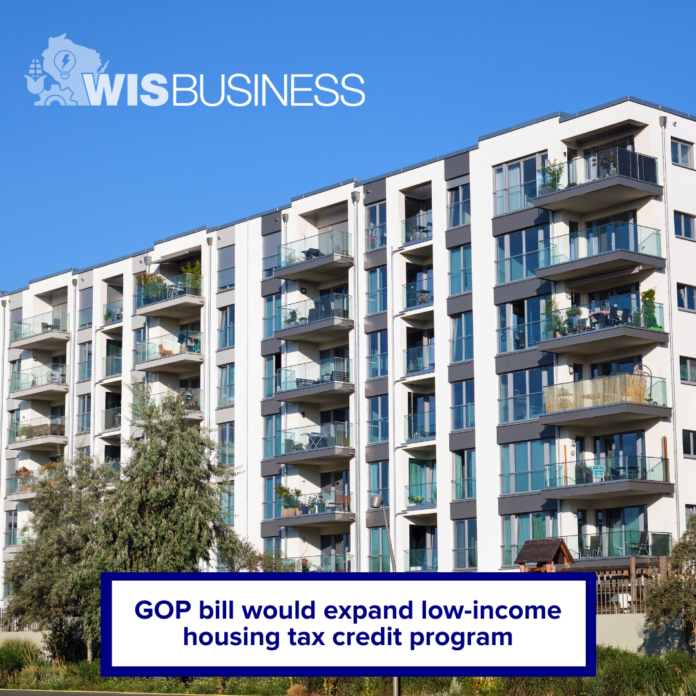Legislation from Republican authors would expand the state’s Low-Income Housing Tax Credit program while requiring more than a third of the credits go toward rural projects.
Rep. David Armstrong, R-Rice Lake and Sen. Romaine Quinn, R-Birchwood, recently began circulating the bill for co-sponsorship. In a memo to other lawmakers, they note Wisconsin has a housing crisis as “there simply isn’t enough affordable housing” to meet demand from working-age residents.
“This in turn hurts, among other things, the ability of Wisconsin employers to recruit employees,” they wrote.
The LIHTC program, administered by the Wisconsin Housing and Economic Development Authority, allocates up to $42 million in income tax credits annually. These go to owners and investors that develop or rehabilitate low-to-moderate-income housing. Under the bill, that amount would increase to $100 million.
Since starting in 2018, the program has awarded credits to 71 projects, 40 of which are finished and the other 31 are currently under development, the memo shows. These credits are helping fund the development of nearly 6,000 units.
“Going into the 2025 cycle, WHEDA has already received applications for projects asking for $20 million in housing tax credits, but current limitations mean that WHEDA has only $7 million in new state housing credits to grant annually,” bill authors wrote. “Clearly, there’s a demand that’s going unmet.”
Their legislation would require WHEDA to allocate at least 35% of credits per year to projects located in rural areas, on top of an existing requirement that the agency prioritizes projects in communities with fewer than 150,000 residents. Authors note that wouldn’t apply in years when WHEDA doesn’t get enough applications for rural projects to meet that requirement.
Under the bill, the program would also drop a requirement that projects are financed with tax-exempt bonds and certain qualifying insurers could also claim the credit.
Bill authors have set a co-sponsorship deadline of noon Monday.
See the memo.






